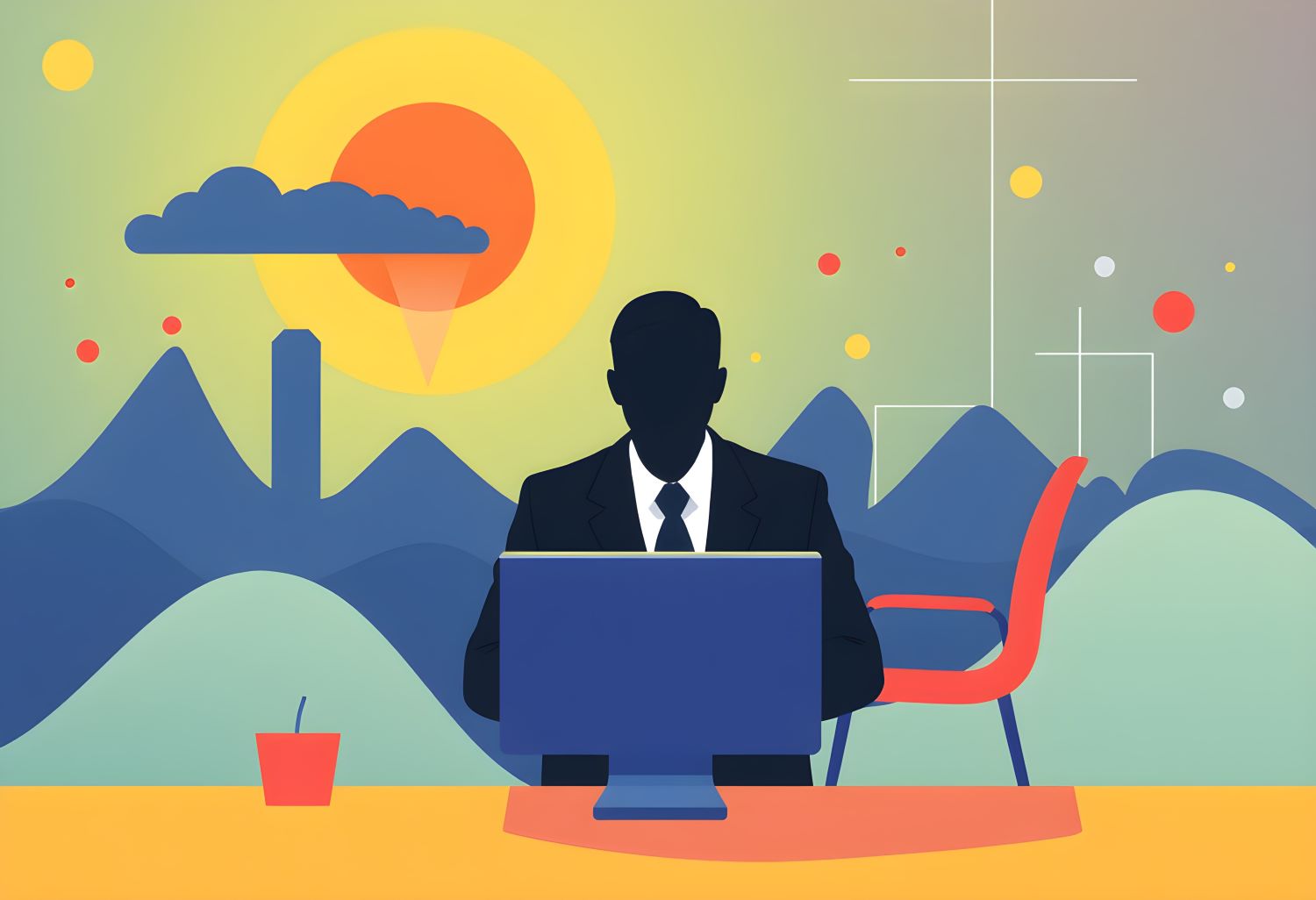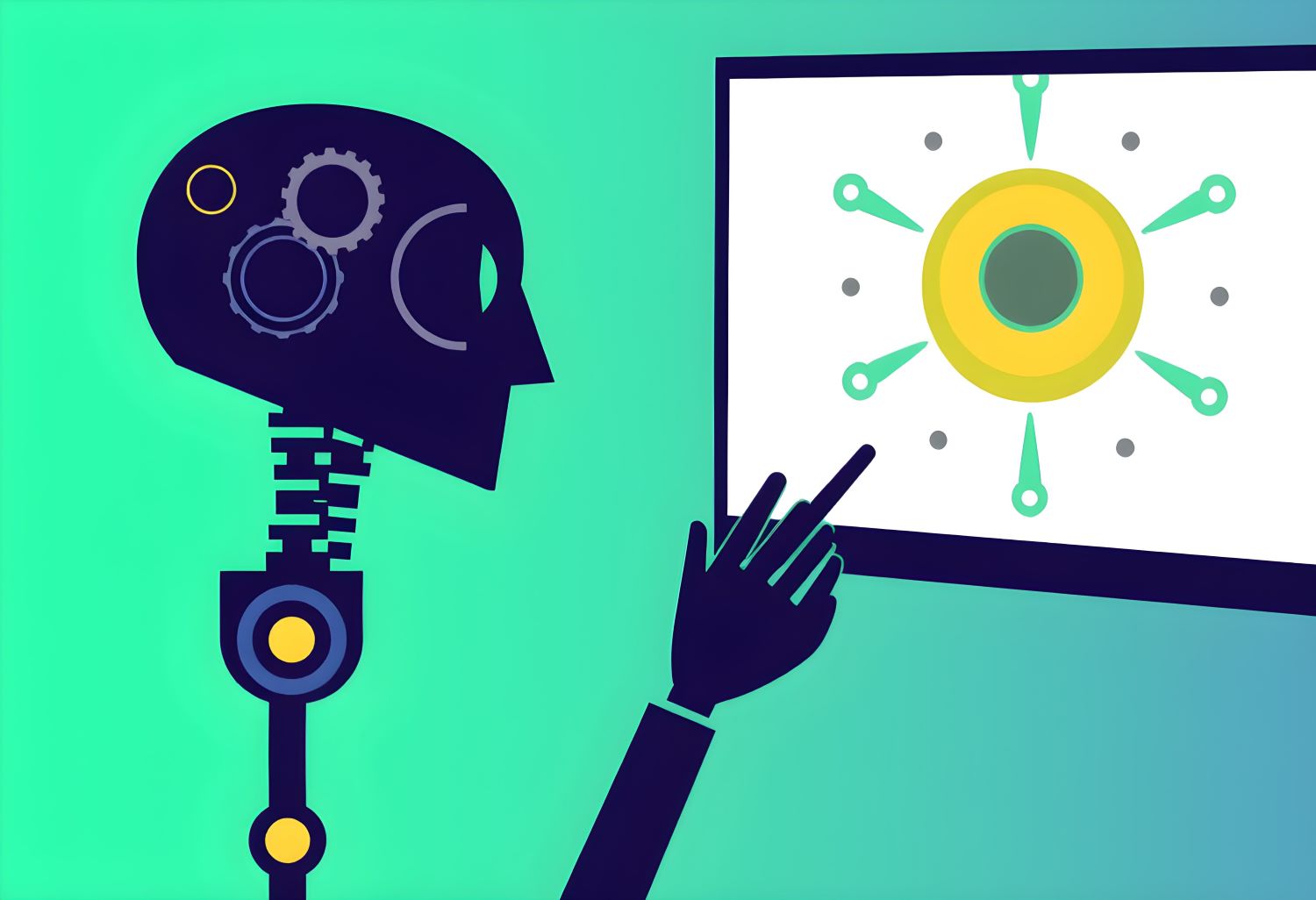Introduction: The Shift Is Already Underway
Discussions about the “future of work” often make it sound distant or theoretical. But the reality is more urgent: the shift has already begun. Generative AI systems are increasingly capable of performing tasks once thought to be human-exclusive—coding, writing, designing, analyzing. The most significant change isn’t in what’s coming next—it’s in how slowly we’re adapting to what’s already here.
Many organizations and individuals remain anchored to outdated workflows, credential-based hiring practices, and an even more precarious assumption: that the roles we rely on today will remain relevant tomorrow. A surprising number of software developers, for instance, believe that programming jobs are future-proof. But if current trajectories hold, full-stack AI systems will require only a handful of engineers to oversee and maintain highly complex applications. The belief that most current jobs will persist, unchanged, is not only inaccurate—it’s dangerous. History makes this clear. Every major technological leap—from the printing press to the internet—has brought disruption before equilibrium. This moment is no different. But unlike the past, the pace has accelerated.
Efficiency Has Already Outpaced Expertise
AI systems are demonstrating superior speed and performance in fields like programming, design, and content creation. While these tools still require oversight, they’re rapidly closing the gap between human capability and machine automation.
This is not speculative—it’s observable. Platforms like GitHub Copilot are accelerating development workflows. AI video editors are producing high-quality content in hours instead of weeks. Writers using language models are multiplying output without compromising quality.
The barrier to entry in many knowledge-based industries has been lowered. But this means that the defining edge is no longer technical execution—it’s the ability to guide, question, contextualize, and strategically direct that execution.
Skills Are Shifting—And Fast
Replacing degrees with skills was once seen as progressive. Now, we must go one step further and ask whether technical skills themselves are enough.
“The best way to keep your skills sharp in today’s job market is by working on side projects with the community. Build something using AI, test it, gather feedback, and try to grow it. Companies like Shopify now require baseline AI competency for every role. You have to keep evolving—yesterday’s skills won’t cut it today. Build with the community, not in isolation, and start sharing your project.“
Eric Rafat — Founder of FoundersBeta
When access to AI is ubiquitous, and those tools can handle the bulk of technical labor, what remains uniquely human?
The answer lies in meta-capabilities—higher-order cognitive and creative functions that shape how knowledge is acquired, interpreted, and applied. These include:
- Critical thinking – Making decisions amid uncertainty, ambiguity, and competing narratives.
- Abstract reasoning – Identifying meaningful patterns and applying them across contexts.
- Constraint-based creativity – Innovating within bounds, solving problems, and designing systems.
- Learning agility – Continuously updating one’s own thinking in response to new tools, challenges, and feedback.
- Judgment and value discernment – Knowing not just how to do things, but what is worth doing.
Creativity Will Be Automated Too—Eventually
Some argue that creativity is the last frontier of human uniqueness. But AI is already learning how to generate, remix, and evaluate creative content—often with impressive results. As multimodal models improve and agent-to-agent communication evolves, even creative tasks will become faster, cheaper, and increasingly automated.
That doesn’t mean humans will have nothing left to do. It means our role must shift from doing to designing, from executing to experiencing.
“In a world where AI can execute almost anything, our responsibility isn’t just to act—it’s to choose wisely. It’s to design our lives in ways that maximize meaning, learning, and value.” — Massih Medi, Founder of Lemma Alpha
This shift opens the door to new models of work:
- Metapreneurship – Creating agents that create, building frameworks for automated innovation.
- Market-based value exchange – Moving beyond employment into self-authored economic participation, where anyone can solve meaningful problems and monetize that value.
Lemma Alpha’s Approach: Strategy for a Post-Work World
At Lemma Alpha, we believe that preparing for the future job market isn’t just about acquiring skills—it’s about rethinking the concept of work altogether. We’re preparing learners for a paradigm where agility, creativity, and strategic thinking define success.
Our core concept of the AI Polymath reflects this shift. An AI Polymath is a human who collaborates with machines, adapts across domains, and sees patterns beyond automation’s reach. This archetype isn’t futuristic—it’s emerging right now.
We focus on:
- Meta-learning systems
- AI fluency and critical collaboration
- Real-world project development
- Cognitive adaptability
Because these are the tools not just for the next job, but for the next era.
Massih Medi is a physicist-turned-entrepreneur and founder of Lemma Alpha, an AI-powered education platform equipping learners with future-proof skills for the post-AI era. He’s focused on education designed for the artificial super intelligence era, providing students with AI-driven critical skills training tailored for the evolving job market. He also leads D&C Innovation, where he guides software engineering teams in building and maintaining applications for tech startups, leveraging his scientific background to design and architect complex digital solutions.


